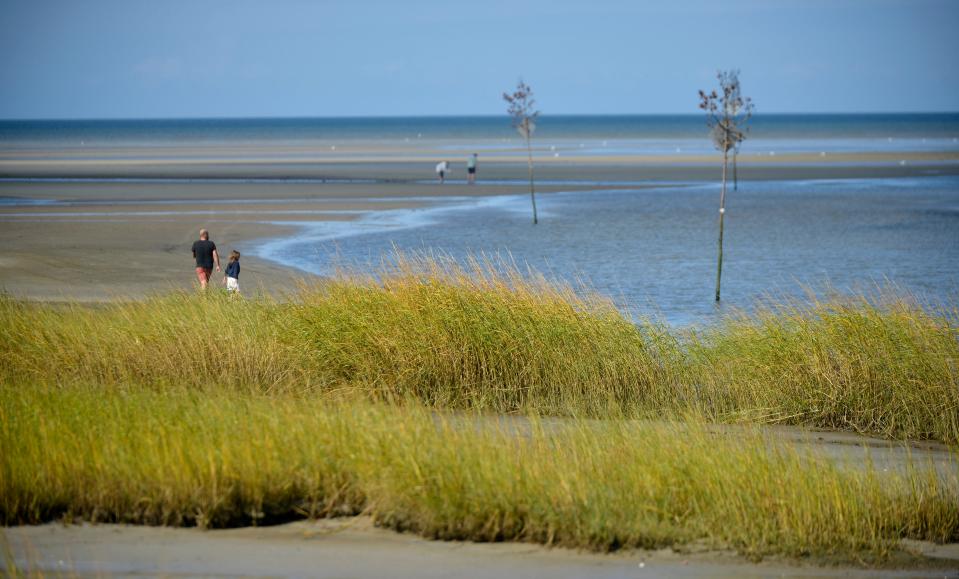Bill targets earlier deadline for Cape Cod tourism money to promote shoulder seasons
BOSTON — A Cape lawmaker and Cape Cod Chamber of Commerce are pushing to establish a grant distribution deadline for tourism promotion for the region's shoulder seasons.
The bill, which received support during a recent hearing, requires grants from the Massachusetts Tourism Trust Fund to be distributed to regional tourism councils no later than Sept. 1 annually.
“When the traveling tourism grant payments come later in the calendar year for us, that means we can't use those resources to market for a second summer campaign on the Cape or a holiday campaign,” said Paul Niedzwiecki, CEO of the Cape Cod Chamber of Commerce, one of the regional tourism councils in the state. “So making sure that we receive those payments by Sept. 1 would allow us to do more marketing on the shoulder seasons, which is important for Cape Cod tourism.”

Business on the Cape used to focus on the summer season, Niedzwiecki said.
“But there has been an effort over the last 10 years to really sort of extending that season into the shoulder seasons that are just before summer and then just after summer, some of the best months on the Cape … are September and October,” Niedzwiecki said.
Nearly 'dead last': State Sen. Julian Cyr, other leaders push to change low state spending on tourism
According to state Rep. Timothy Whelan, R-Brewster, who co-sponsored the bill, establishing a deadline would provide the regional tourism council with more planning time and would allow them to “get what they need,” including securing advertisements and sending people out to tourism events.
“We are not just trying to draw in people for tourism … from Massachusetts," Whelan said. They are sending people out around the country and some places out of it, in Canada and … in Europe. They are doing marketing there as well, trying to draw all of these people into the Cape.”.
In addition to the state tourism grants, both Whelan and Niedzwiecki said that the biggest need for the tourism industry on Cape Cod is labor.
Where have all the workers gone?: Pandemic brings sea change to Cape Cod's summer businesses
The Cape tourism industry has faced a “labor supply issue,” partially due to the lack of a large foreign workforce caused by the COVID-19 travel restrictions, Niedzwiecki said.
“We will certainly do what we can on the state side … as well as try to pass legislation that is strongly backed by our tourism folks,” Whelan said.
The Cape's economy necessitates a large summer workforce and many employers rely on foreign workers who have either a J-1 visa for educational, cultural and work exchange programs, or an H-2B visa for nonagricultural work.
2020 Census results: Cape and Islands population grew in number and diversity
But both programs have been seriously hampered because of COVID-19.
Owners of hotels, restaurants, ice cream parlors and a host of other Cape summer businesses were challenged again last summer to fill staff openings, despite a busy season. Some businesses closed for one or two days a week to give their skeletal staff a break, others trimmed their hours or closed earlier or opened later in the day.
This article originally appeared on Cape Cod Times: Cape Cod tourism grant money targeting Sept. 1 deadline with bill

